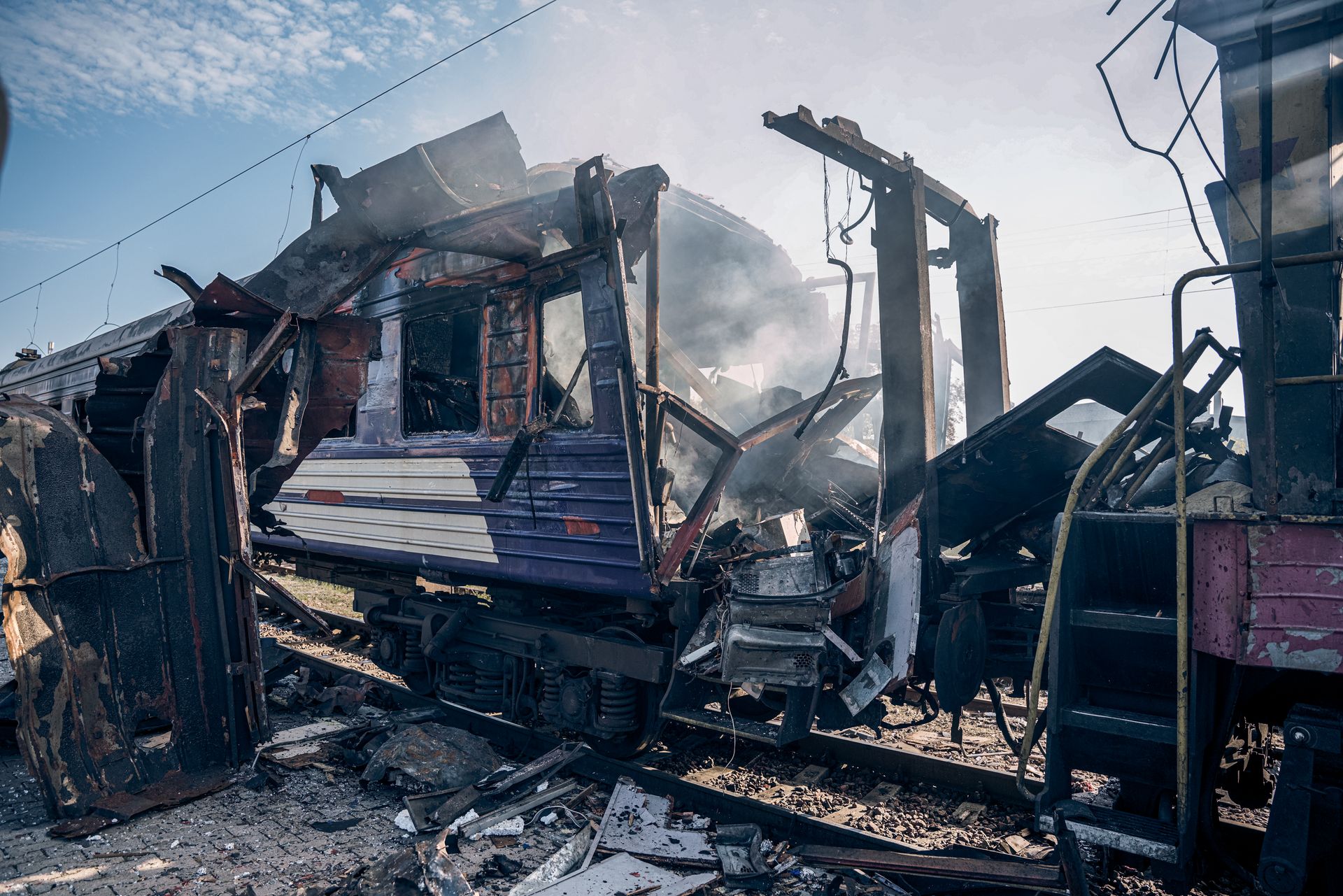EU parliament calls for readiness to down of Russian aircraft, drones over member states' territory

The European Parliament on Oct. 9 adopted a resolution condemning Russia's ongoing "escalatory actions," calling for tougher responses to violations of EU airspace, including shooting down unauthorized drones and aircraft.
The announcement comes amid heightened concerns across Europe over the presence of unauthorized drones near critical infrastructure, particularly in the wake of increased geopolitical tensions and frequent airspace violations involving Russia.
The resolution passed with 469 votes in favor, 97 against, and 38 abstentions, according to an official statement on the parliament's website.
Lawmakers placed full responsibility on Russia for recent airspace violations involving EU and NATO members, particularly Poland, Estonia, Latvia, Lithuania, and Romania.
The resolution also denounced unauthorized drone incursions over critical infrastructure in Denmark, Sweden, and Norway, and accused Russia of engaging in sabotage and hybrid warfare that amounts to "state terrorism."
The parliament called for coordinated defense measures, enhanced military cooperation with Ukraine, especially in drone technology and countermeasures, and stricter sanctions. It also urged the EU to impose additional restrictions on third countries aiding Russia's war efforts, specifically citing China's role in supplying dual-use goods.
MEPs voiced support for the proposed "drone wall" along the EU's eastern border and backed initiatives aimed at bolstering surveillance and defense capabilities on the eastern flank.
"Encouraging any initiative which enables the EU and its member states to take 'coordinated, united and proportionate action against all violations of their airspace, including shooting down airborne threats,' MEPs welcome the concept of an EU drone wall and the Eastern Flank Watch initiatives," the resolution stated.
The parliament also reiterated its support for establishing a European Defense Union and called for closer civil-military coordination in protecting EU airspace.
The decision follows a wave of unexplained drone activity across Europe, fueling fears of possible Russian involvement in hybrid warfare and reigniting concerns over NATO's security.
The sightings follow a string of airspace disruptions, including two consecutive incidents at Munich International Airport on Oct. 3. Similar drone-related shutdowns were also reported recently at Oslo Airport in Norway and Copenhagen Airport in Denmark.
Russian drones and aircraft also violated the airspace of multiple NATO member states, escalating regional security concerns in the previous month.
In early September, Polish forces shot down several Russian drones that had entered their airspace. A Russian drone was also detected over Romanian territory a few days later, though Bucharest opted not to engage it.
Three Russian MiG-31 fighter jets briefly entered Estonian airspace on Sept. 19, remaining there for 12 minutes before being intercepted by NATO forces.












